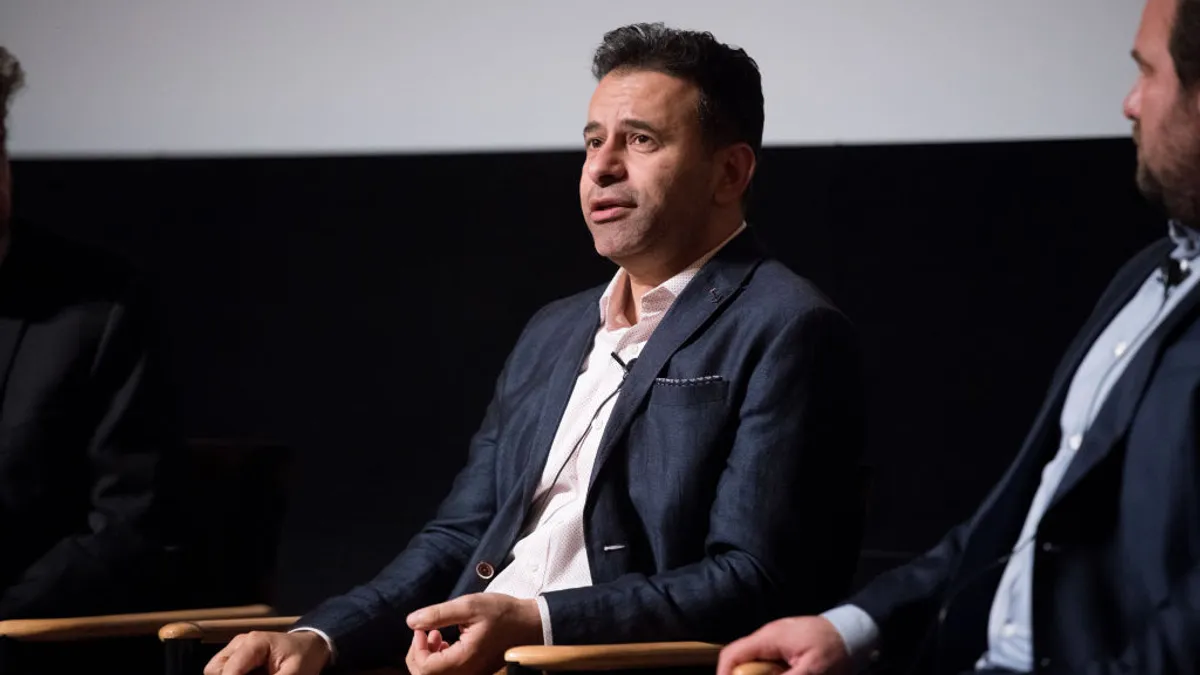Google Trains AI to Spot Diabetic Retinopathy
Trendwatch: From eye sight to brain injuries, technology enables better care.
 A few years ago, Google technologies began working on ways to improve the diabetic retinopathy (DR) screening process, specifically by taking advantage of recent advances in machine learning and computer vision.
A few years ago, Google technologies began working on ways to improve the diabetic retinopathy (DR) screening process, specifically by taking advantage of recent advances in machine learning and computer vision.
Since the disease is most readily diagnosed by examining a picture of the back of the eye, the Google team developed a dataset of 128,000 individual images, each examined by three to seven ophthalmologists from a panel of 54. By marking damaged areas of the eye — microaneurysms, hemorrhages, and the like — and then feeding that data into a machine learning system, Google managed to build a highly reliable diagnostic tool. When tested with 12,000 images, the system’s diagnosis was “on-par with that of ophthalmologists" according to the Google Research Blog post.
The team hopes to expand the scope of this system to be able to diagnose the disease from more complex 3D images (those generated from Optical Coherence Tomography) in addition to the conventional 2D fundus photographs that it currently uses. The team is also looking into automating the diagnostic process to better serve patients in remote locations who might otherwise not have access to trained specialists. But first, Google will need to conduct studies using larger clinical groups and, eventually, obtain FDA approval.
Smart Body Armor could gauge brain damage from explosions
The U.S. Navy’s Office of Naval Research wants to enable medics to assess brain trauma injuries immediately after a soldier encounters a blast, not weeks later as is the case today. It’s developing Blast Load Assessment Sense and Test, (BLAST) a sensor system that could determine whether or not an explosion’s shockwave is likely to have injured a soldier’s brain. BLAST uses coin-sized sensors that are tough enough to survive an explosion, can be worn on helmets and body armor and are able to record blast pressure. This pressure can be downloaded with a specialized scanner —design possibilities include a handheld barcode-style scanner or a stationary one modeled after airport metal detectors. By using a special algorithm to convert data into a “go or no-go" injury threshold, BLAST indicates if exposed warfighters can stay in the fight, or need a TBI-focused medical exam with the third component: a neurofunctional assessment tool.
Still in the lab, its first field tests should start within 18 months.
Novo Nordisk and Glooko Partner to Develop digital health solutions for people with diabetes
 Novo Nordisk and Glooko are working together to deliver jointly developed and branded digital health solutions for people with diabetes. The nonexclusive collaboration combines Novo Nordisk’s knowledge of diabetes with Glooko’s digital platform and data analytics expertise.
Novo Nordisk and Glooko are working together to deliver jointly developed and branded digital health solutions for people with diabetes. The nonexclusive collaboration combines Novo Nordisk’s knowledge of diabetes with Glooko’s digital platform and data analytics expertise.
The companies aim to deliver personalized, digital services to support people with diabetes in areas including treatment adherence and blood glucose management. The partnership’s joint offerings will also assist healthcare professionals to engage and manage patients with the aid of population-wide data reporting. By integrating these offerings within its Digital Health Platform developed with IBM Watson Health, Novo Nordisk aims to generate increasingly valuable insights into diabetes management and treatment outcomes.
Glooko is a leading population health platform for diabetes management.
Wearable Breast Pump Will Allow Mothers to be mobile while pumping
 Willow, the first smart wearable breast pump, wants to make it easier for mothers to pump their breasts — so easy in fact, they can do it anywhere, anytime.
Willow, the first smart wearable breast pump, wants to make it easier for mothers to pump their breasts — so easy in fact, they can do it anywhere, anytime.
The Silicon Valley company launched its hands-free breast pumps at CES 2017. The pair of teardrop-shaped devices fits in a woman’s bra and silently pumps — no awkward tubes required. John Chang, founder and CTO of Willow, told CNNMoney the product was inspired by his wife and three children.
The system includes a companion app that tracks the amount of milk pumped from each breast, how frequently someone pumps, and how long sessions last.
Willow will retail for $430 when it launches this spring. (PV)











